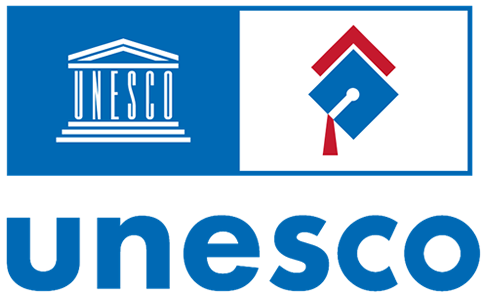Public university scenarios in Latin America
Abstract
This paper presents a set of scenarios for the debate on the future of the university in Latin America. In the first part, it describes some of the developments and components of higher education in the region, as well as elements of judgment for a prospective approach. The central idea is to analyze the different orientations of higher education institutions, and to this end, five scenarios are elaborated to outline their trajectories over the next 15 to 20 years. The main purpose of the prospective is to contribute to the discussion on change, as well as to define decisions and strategies to maintain or build some of these scenarios, but also to outline an overall vision based on the diversity that exists in the region in this fundamental sector for the formation of new knowledge, know-how and learning. From the perspective of this work, three of these scenarios are identified as the most desirable, because they would constitute a cross-cutting platform for proactive processes of transformation and solidarity integration in the medium and long term. At the end, some brief conclusions are presented, open, as intended, to the discussion on the future of our universities.
Copyright (c) 2023 Axel Didriksson Takayanagui

This work is licensed under a Creative Commons Attribution-NonCommercial 4.0 International License.
Copyright notice
Copyright allows the protection of original material, and curbs the use of others' work without permission. UNESCO IESALC adheres to Creative Commons licenses in the open access publication of ESS. Specifically, texts published in this journal are subject to a Creative Commons Attribution-NonCommercial 4.0 International (CC BY-NC 4.0) license: ESS is an open access journal, which means that all content is freely available to the user or their institution. Users may read, download, copy, distribute, print, search or link to the full text of the articles, or use them for any other lawful purpose, without asking prior permission from the publisher or the author, always making sure to cite the author. Commercial use is not permitted. ESS requires authors to accept the Copyright Notice as part of the submission process. Authors retain all rights.
The full license can be found at https://creativecommons.org/licenses/by-nc/4.0/
 Attribution - NonCommercial (CC BY-NC 4.0)
Attribution - NonCommercial (CC BY-NC 4.0)
This journal does not charge authors for the submission or processing of articles. The authors of the contributions will receive acknowledgment of receipt that the work has reached the Editorial Team of the Journal.




.png)
